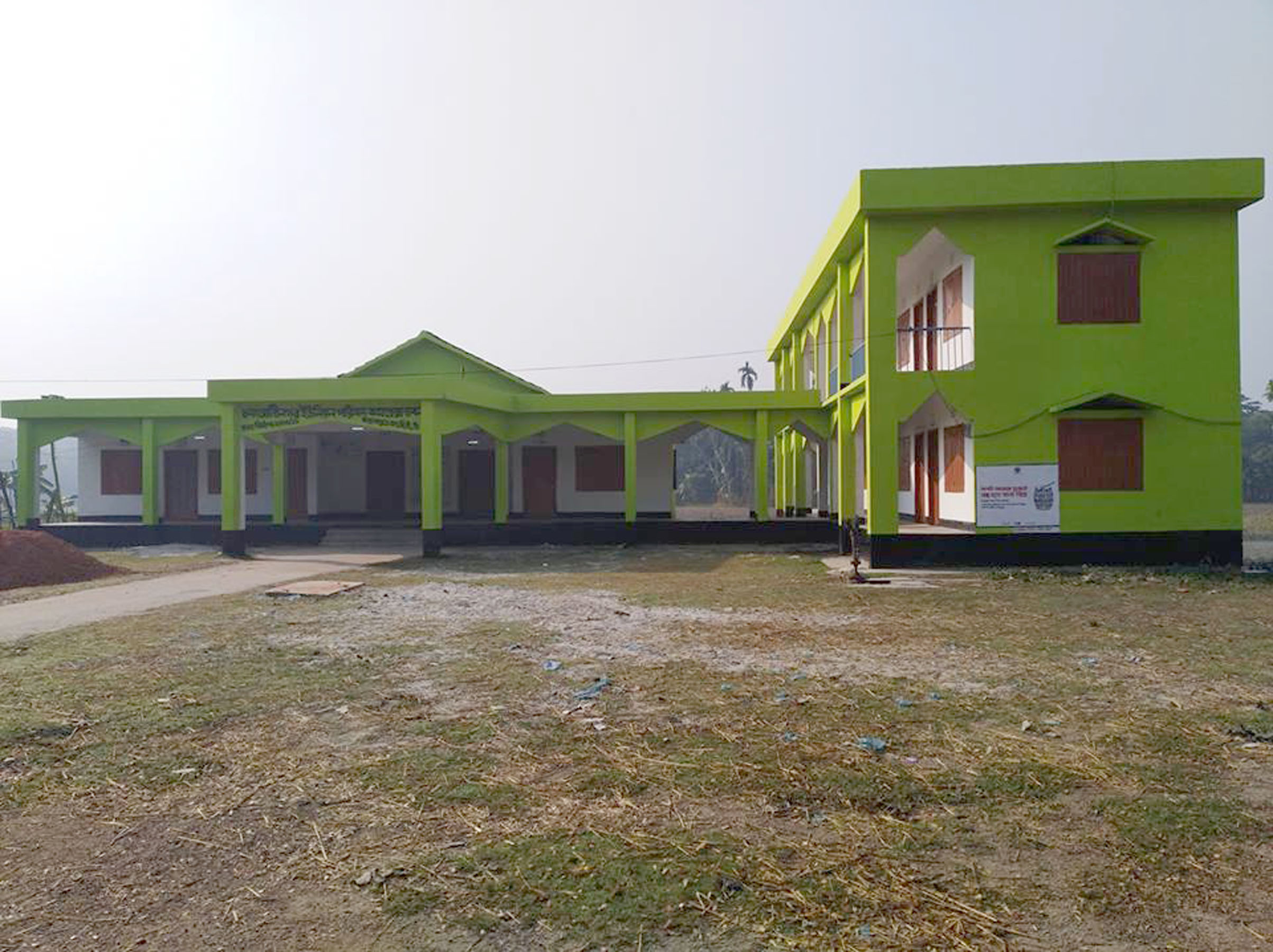-
About Union
Geographical & Economic
Miscellaneous
-
Union Parishad
Union Council
Activities of Union Council
Village Adalat
-
Govt. Office
Agriculture
Land
Health Services
Social Service
-
Other Institutions
Educational Institutions
Religious Organizations
Organizations
-
Different Lists
List of Beneficiaries
Other listings
- Projects
-
Services
UDC
National E-Service
-
Gallery
--------
-
About Union
Geographical & Economic
Miscellaneous
-
Union Parishad
Union Council
Activities of Union Council
Village Adalat
-
Govt. Office
Agriculture
Land
Health Services
Social Service
-
Other Institutions
Educational Institutions
Religious Organizations
Organizations
-
Different Lists
List of Beneficiaries
Other listings
- Projects
-
Services
UDC
National E-Service
-
Gallery
--------
Monastery
According to the Hindu monastery, the four stanzas of human life, namely Brahmacharya, Domestic, Hypnosis and Sannyas. In ancient India, according to the provision of Scripture, human life was conducted. In the Brahmacharshram, the boys who were brought up in the Brahmachar Shastra taught the scriptures from the guragharas to the Vedas. At the end of education, his domestic work started as per Guru's order. Duties of the monastery in marriage, child production, malabsorption etc. After fulfilling the duties of his family at the age of matured and leaving the wife with the son after leaving his grandfather's philosophy, the name of God is remembered for being with God. At this time, the duty of begging, begging etc. without prejudice. When you reach the age, everything is called sannyasin. Then only do the duty to sit in God alone. Four levels are called quadrashashrams.
Domestication is considered to be the best in the quadrilateral. Because the almighty, the Brahmachari monks are all dependent on the household. By the abode of the house, the priests by sacrifice, the guests of food, by the guests of food, by the idolaters, by the sacrifice of butterflies, bolikramas or ceremonial edicts, by giving animals and festivals, satisfy the whole world. The Brahmin alone possesses four monasteries. Kshatriya and Vaishya are the first three (in the first two of the sentence) and Shudra is the only domestic man.
Although in ancient times the word 'ashram' had more meaning. Then the 'Ashram' means the home of the living and the centers of practice or scripture. Muni-Rishhera lived there in the house. Ashrams were then used as educational institutions. There used to be one or more gurus and they taught the students about politics, war, science, literature, grammar etc. India's education system was then the monastery. At a certain age the parents would send the children to the ashram and they studied from there. After the departure of the students, students were bathing and worshiping the Guru. The guru then advised them to use them properly and use them properly. After the students took bath for special purpose on this special day, they were called graduates, which are now being used as the Bangla terminology of English Graduation; The name of the special blessing ceremony of the students by the guru was the convocation, which is now being used as the Bangla money from the English convocation.
The expense of these monasteries was carried out by the kings of the respective states, or they were met through monies ruled by monarchy and property. Some of the monastery students were brought under house arrest by the teacher's instructions, and by their means they were hungry. It is to be noted that in the ancient India, Rabindranath started his Santiniketan Vidyashram first in line with the monastic
Planning and Implementation: Cabinet Division, A2I, BCC, DoICT and BASIS







